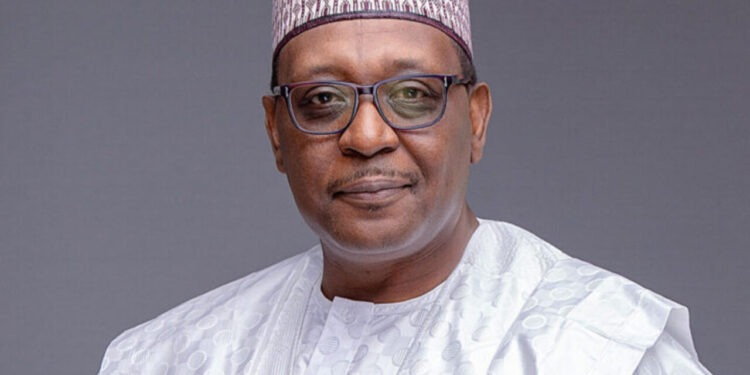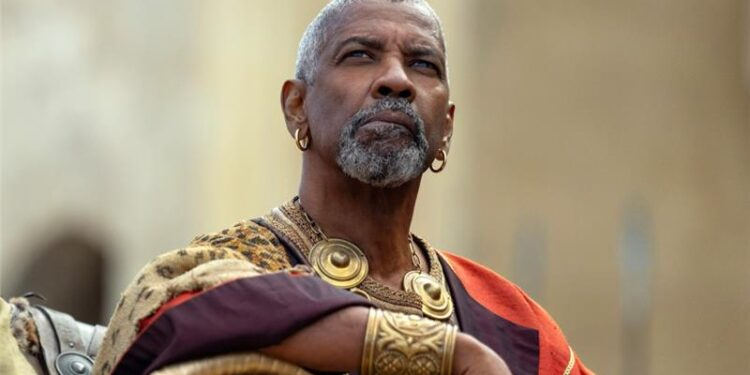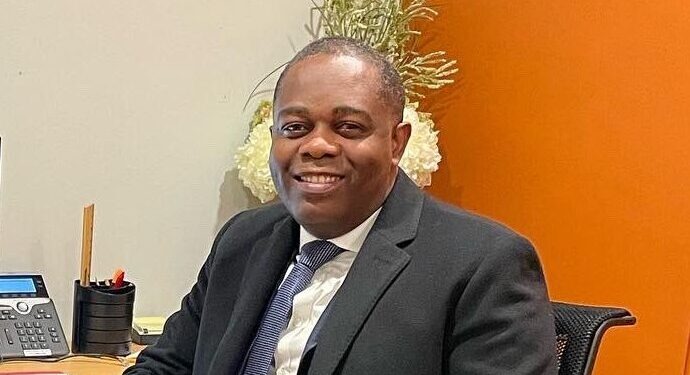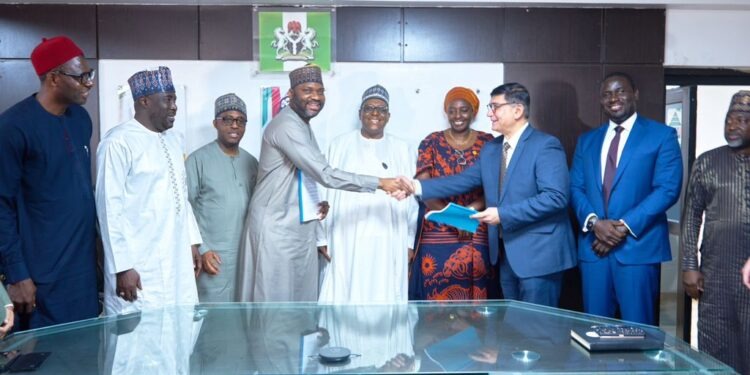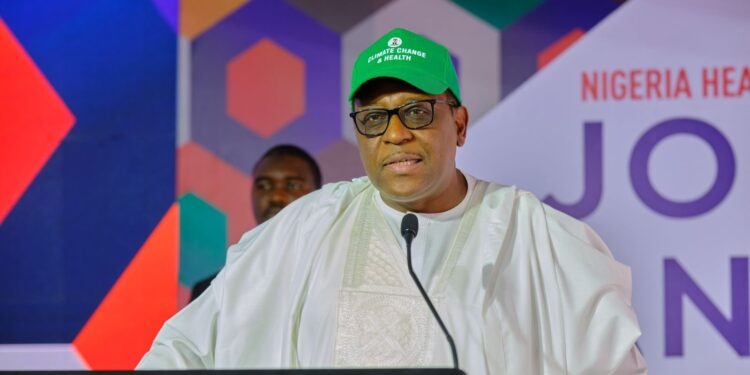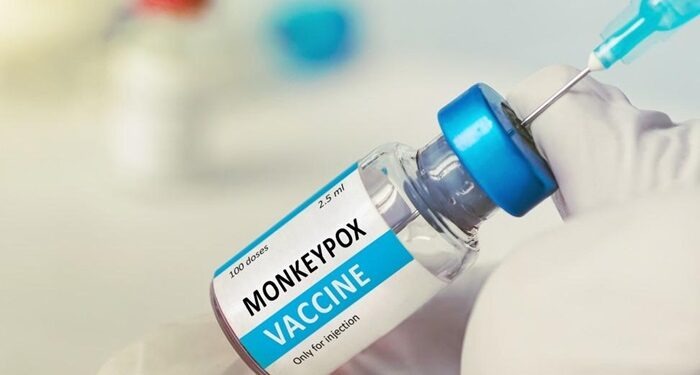The Coordinating Minister of Health and Social Welfare, Prof. Muhammad Ali Pate, announced that Cesarean sections will now be provided free of charge to all Nigerian women in need.
The announcement was made in Abuja on Thursday at the launch of the Maternal Mortality Reduction Initiative (MAMII), during the ongoing Joint Annual Review (JAR) of the Sector-Wide Approach (SWAp) for health.
Prof. Pate explained that the initiative, part of the new Maternal Mortality Reduction Innovation and Initiatives (MAMII) project, ” Under the initiative, cesarean sections and essential maternal care would be provided free of charge to eligible women across the country.
“The new policy is designed to ensure that women who need C-sections—either due to complications or as part of planned deliveries—can access the procedure without financial obstacles.”
“The initiatives will also address Nigeria’s high maternal and neonatal mortality rates by improving access to quality healthcare, enhancing primary health care (PHC) services, and increasing community engagement, “he explained.
Addressing high mortality rates through community engagement
Pate emphasized that the initiative targets Nigeria’s high maternal and neonatal mortality rates, currently standing at 512 deaths per 100,000 live births and 41 deaths per 1,000 live births, respectively, along with a low uptake of essential health services.
“The Maternal Mortality Reduction Initiative would primarily focus on local government areas reporting over 50 percent of maternal deaths, as many women face barriers such as lack of awareness, spousal consent, and financial challenges.
“The initiative, supported by the National Health Insurance Authority (NHIA) and the National Primary Health Care Development Agency (NPHCDA), aims to make life-saving procedures like cesarean sections accessible to women in need without the burden of cost,” he said.
International and local support for MAMII
Walter Mulombo, the World Health Organization (WHO) country representative in Nigeria, praised the initiative, underscoring the importance of effective implementation.
“No woman should lose her life simply because she can’t afford a C-section. If implemented right, this initiative will deliver. We’re here to support every step of the way,” Mulombo stated.
Dr. Adaeze Oreh, Commissioner for Health in Rivers State, commended Prof. Pate’s approach, calling it a vital step toward Nigeria’s maternal health goals and advancing universal healthcare coverage. She highlighted that the success of MAMII relies on the active involvement of communities, healthcare providers, and government agencies.
Charting a path for health sector reform
The three-day Joint Annual Review event, where MAMII was launched, will also set priorities for the next phase of Nigeria’s health sector reforms.
Leaders and stakeholders will explore solutions to ongoing challenges in the healthcare system, aiming to foster accountability, inclusivity, and sustainable progress.
